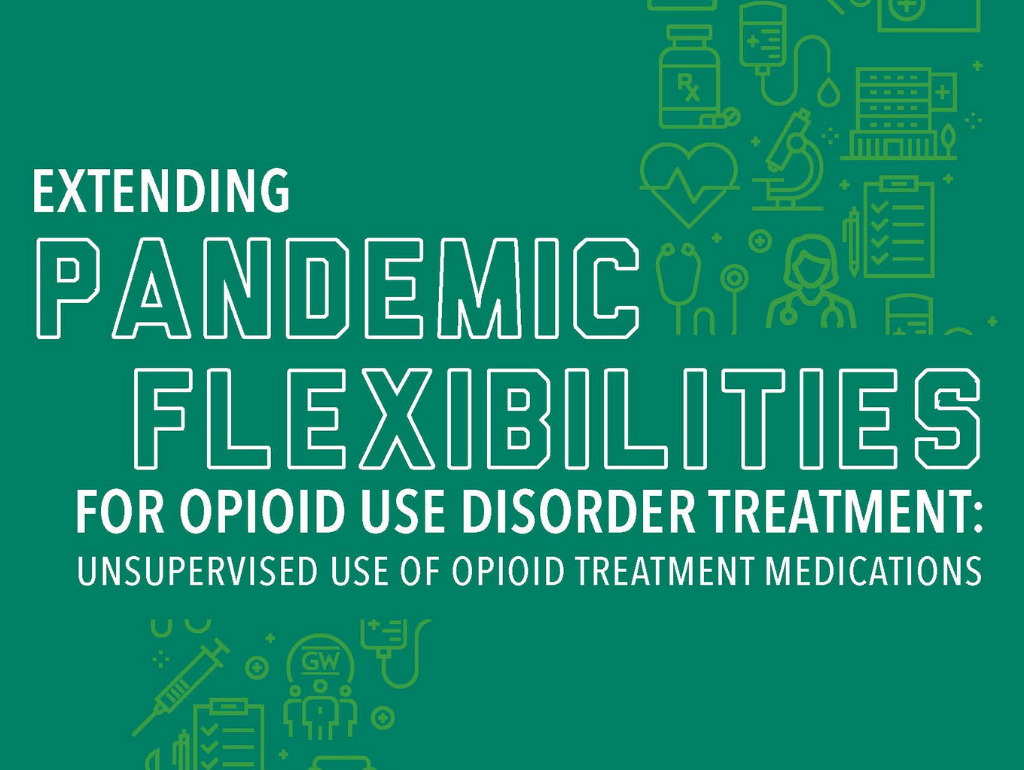Download the Article (degruyter.com)
Don’t Let the COVID-19 Crisis Go to Waste:
Breaking Through the Status Quo & Flattening the Opioid Epidemic Curve
By: Feler Bose (Associated Professor of Economics and Finance, Indiana University), Percy Menzies (President, Assisted Recovery Centers of America), and Fred Rottnek (Professor and Program Director of the Addiction Medicine Fellowship, Saint Louis University School of Medicine) in the Journal of Drug Policy Analysis.
Abstract
The objective of the paper is to understand the impact of the COVID-19 focusing event that resulted in a distinctive response by the Federal government. The paper focuses on the rapid deregulation that occurred in the opioid use disorder treatments. We frame the narrative using primarily the economic literature on deregulation during a crisis. The temporary deregulation has significantly increased access to treatment and medications and allows for the discovering of a different equilibrium. We also suggest other deregulations that need to be considered. In this paper, we suggest that the provisional deregulations should be made permanent to improve the outcome of the patients who abuse opioids.
Read Bridget Dooling & Laura Stanley's Report
In a pair of reports supported by the Pew Charitable Trusts Bridget Dooling and Laura Stanley ask: Do federal regulatory agencies have the authority to extend flexibilities for the treatment of opioid use disorder beyond the COVID-19 pandemic?
In the first report, Dooling and Stanley provide details on the rulemaking background for medical practitioners and policy makers, and layout their findings on what the Drug Enforcement Administration (DEA) and Substance Abuse & Mental Health Services Administration (SAMHSA) can do going forward.
In the second report, Dooling and Stanley note that in response to the COVID-19 public health emergency, the SAMHSA made it easier for patients to receive take-home supplies of methadone and buprenorphine. They then explore the effects of this policy change, and explains why SAMHSA has the legal authority to extend this flexibility beyond the pandemic to help treat opioid use disorder.


